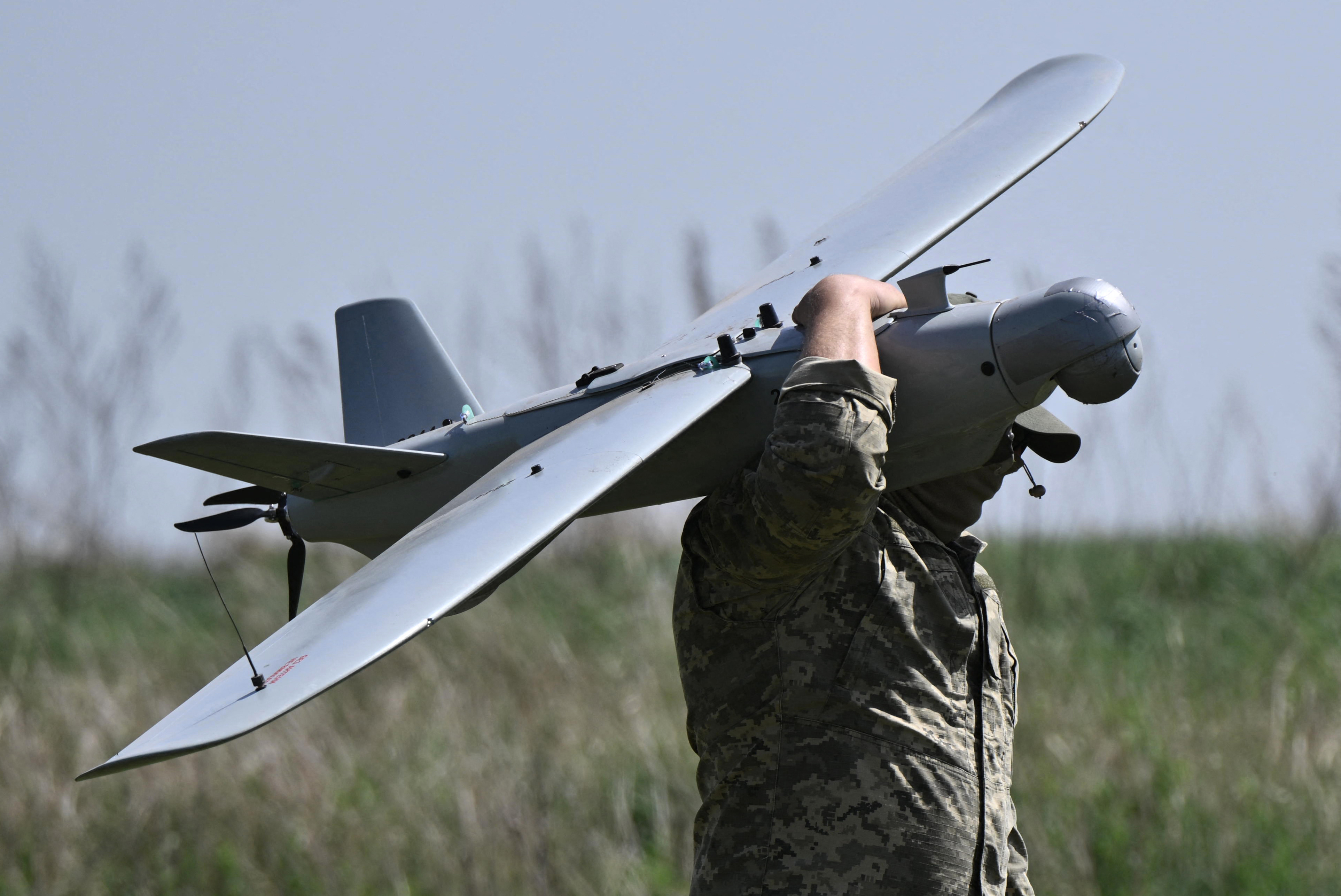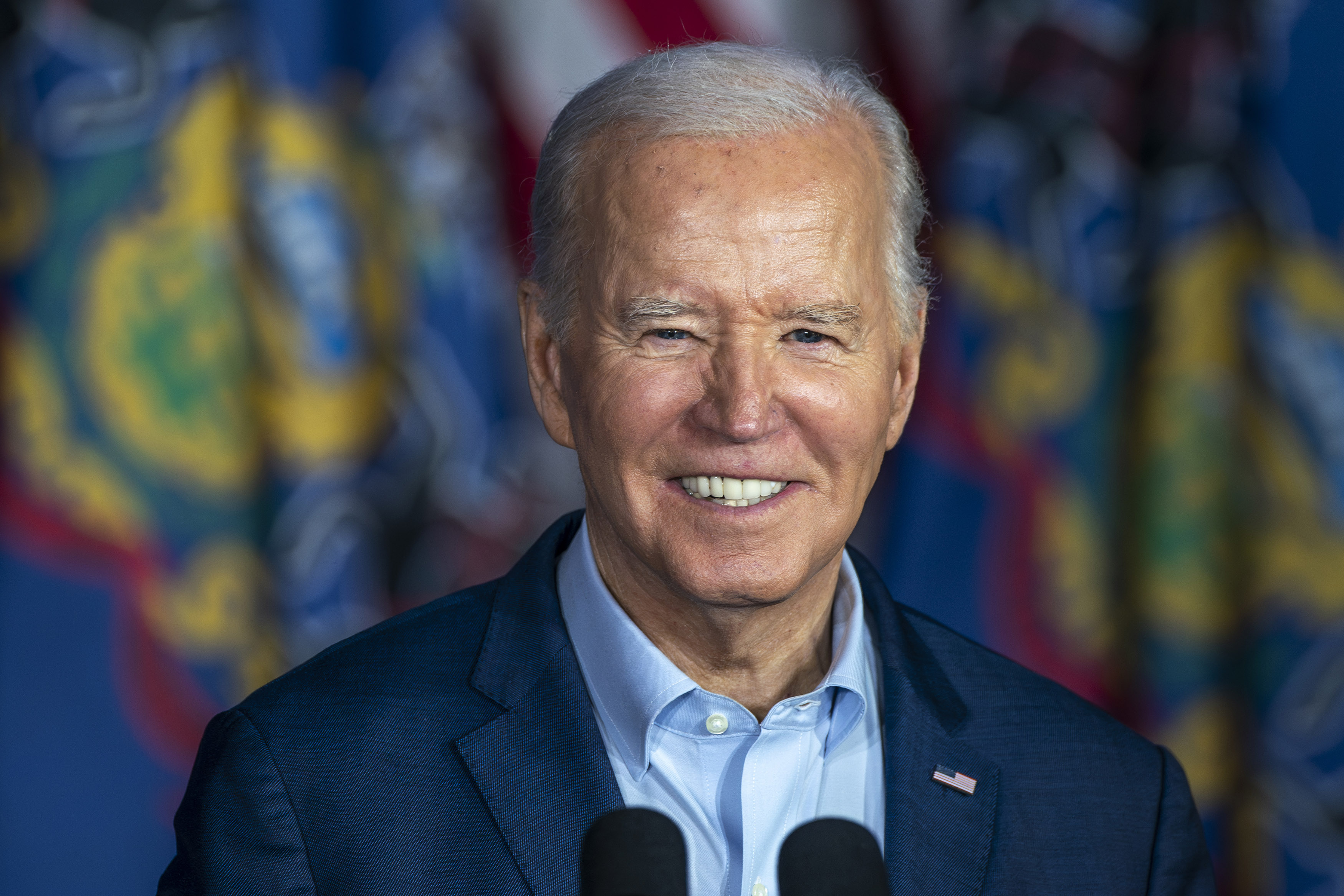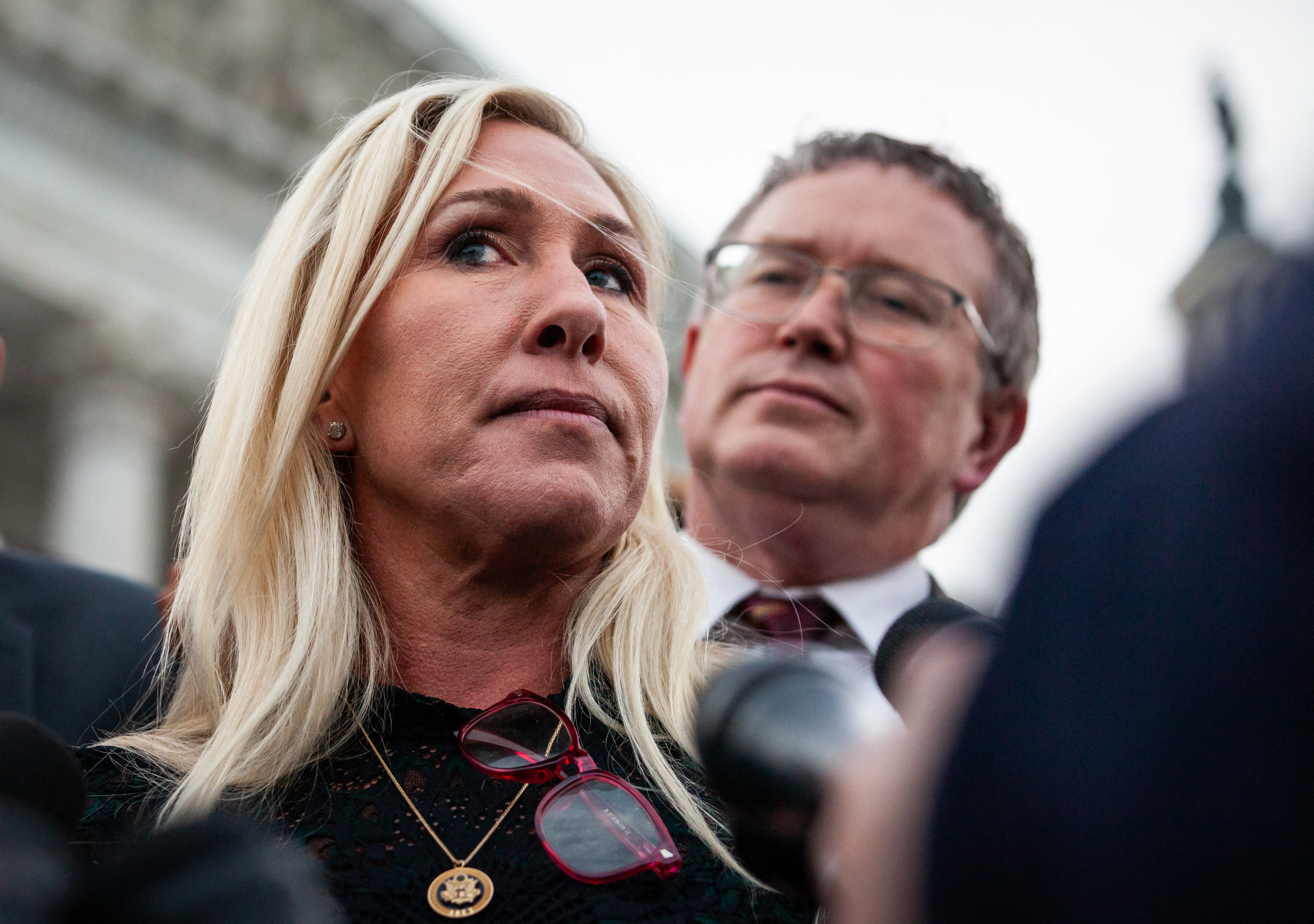Incidents of passengers misbehaving on aircraft, as increasingly posted on social media, are primarily caused by alcohol consumption, according to a study.
Researchers from the University of Texas at Dallas studied 915 cases of misconduct logged by flight crew in the Aviation Safety Reporting System between 1999 and 2020. Misconduct, according to the researchers, includes behavior that is abusive or unruly, upsets crew members or other passengers, or goes as far as to compromise the safety of the flight.
The study, published in the journal Deviant Behavior and conducted by UT Dallas sociology professor Sheryl Skaggs and criminologist Lynne Vieraitis, found that verbal misconduct was the most common type of incident, accounting for 46 percent of cases, followed by ignoring crew commands—such as by smoking in the toilet or failing to store luggage correctly—at 39 percent.
Physical misconduct, meanwhile, accounted for 15 percent of the incidents, including a few cases where flight attendants were assaulted, received blows to the face, concussions, lost teeth, getting knocked out or even ended up with fractures, all of which required medical attention.
On why unruly passengers are so captivating on social media, Skaggs told Newsweek: "It seems that this is a bit like other types of public outbursts captured on video. People want to share the experiences as a way to highlight the extent of bad behavior—similar to young children acting out in frustration—almost as a shaming mechanism.
"I suppose viewers are fascinated by the inability of some adults to control their emotions," she said. "When there seem to be few repercussions for the poor behavior, there is some satisfaction with bringing this to the public eye."
The team noted that in many cases, it wasn't the in-flight drinks service that set up the conditions for bad behavior but people boarding the plane under the influence.
"In a number of instances that we reviewed, people were already intoxicated as they were boarding the aircraft," Skaggs said in a statement. "Gate personnel are not necessarily on the lookout for intoxicated passengers. I think more personnel to monitor those situations where passengers are demonstrating signs of intoxication would help."
However, alcohol was not the only trigger for misconduct. Other factors, such as poor customer service, also helped escalate situations. Passengers quickly become agitated, Skaggs noted, when they face delays but aren't kept in the loop as to what is going on with their flight.
"This is a hot-button issue for a lot of passengers," she said. "If there's a lack of communication from the airline about flight delays or other problems, that tends to escalate people's frustrations—even before they get on the flight."
At the same time, delays at the gate can make it all too easy to pop back to the airport bar for a quick drink (or two) to kill time, increasing the risk of intoxication come boarding time.
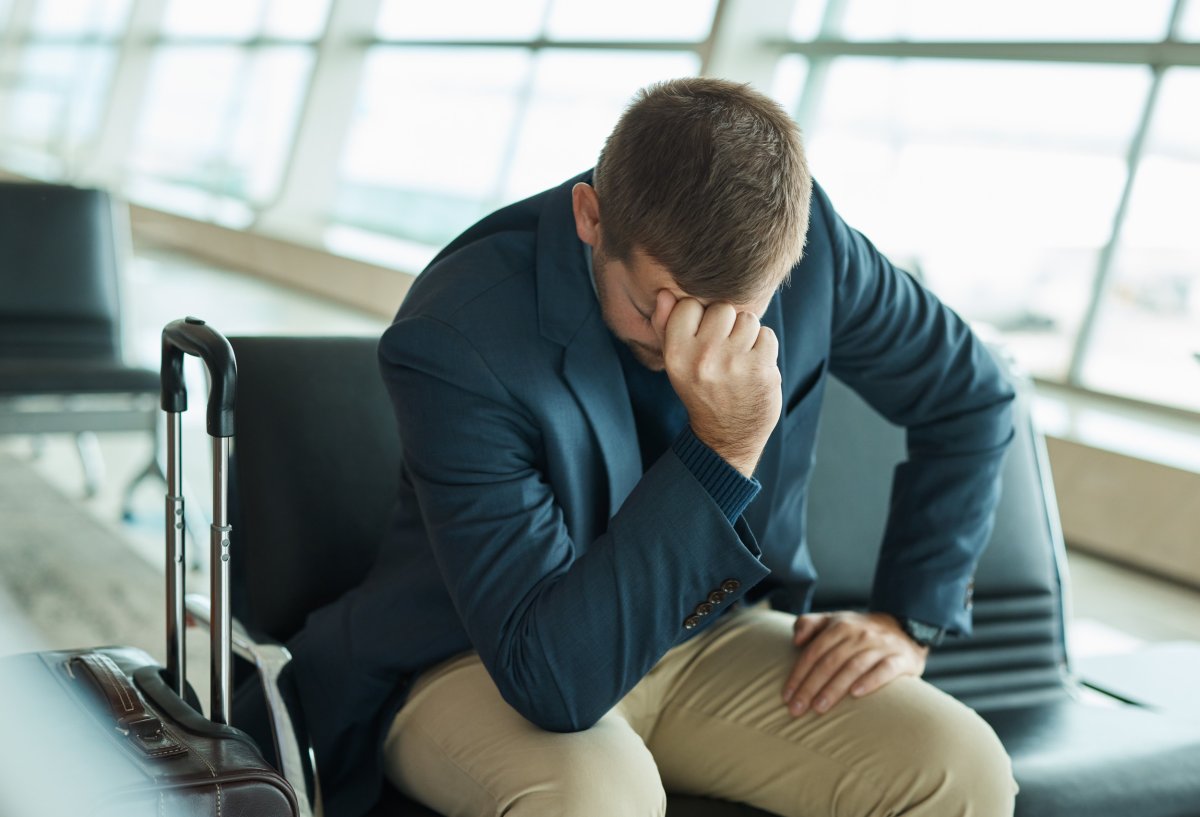
Other factors the team identified included the lack of a visible presence of law enforcement on board aircraft, as well as the cramped conditions common of many a flight unless you're lucky enough to land an exit row or a first-class seat.
Despite the spotlight on passenger misbehavior on social media and in the news, these incidents remain relatively rare, given the thousands of flights that take off daily.
As Vieraitis puts it: "Most flights are perfectly fine. There are no hostile exchanges, no one yelling, no one punching."
However, she said, "It can be a serious problem for people who have to fly and those who have to work in these conditions. It's not fair to go to a job where you're trapped in a confined space with no access to law enforcement, and then you are physically or verbally attacked."
Such incidents take a toll on the mental health of flight attendants— nearly 8 in 10 of whom are women, according to the Federal Aviation Administration.
"There have been a number of incidents where flight attendants have had teeth knocked out or have been knocked unconscious," Skaggs said. "There's definitely a gender process at play here; A lot of people think that they can be more aggressive toward female flight attendants."
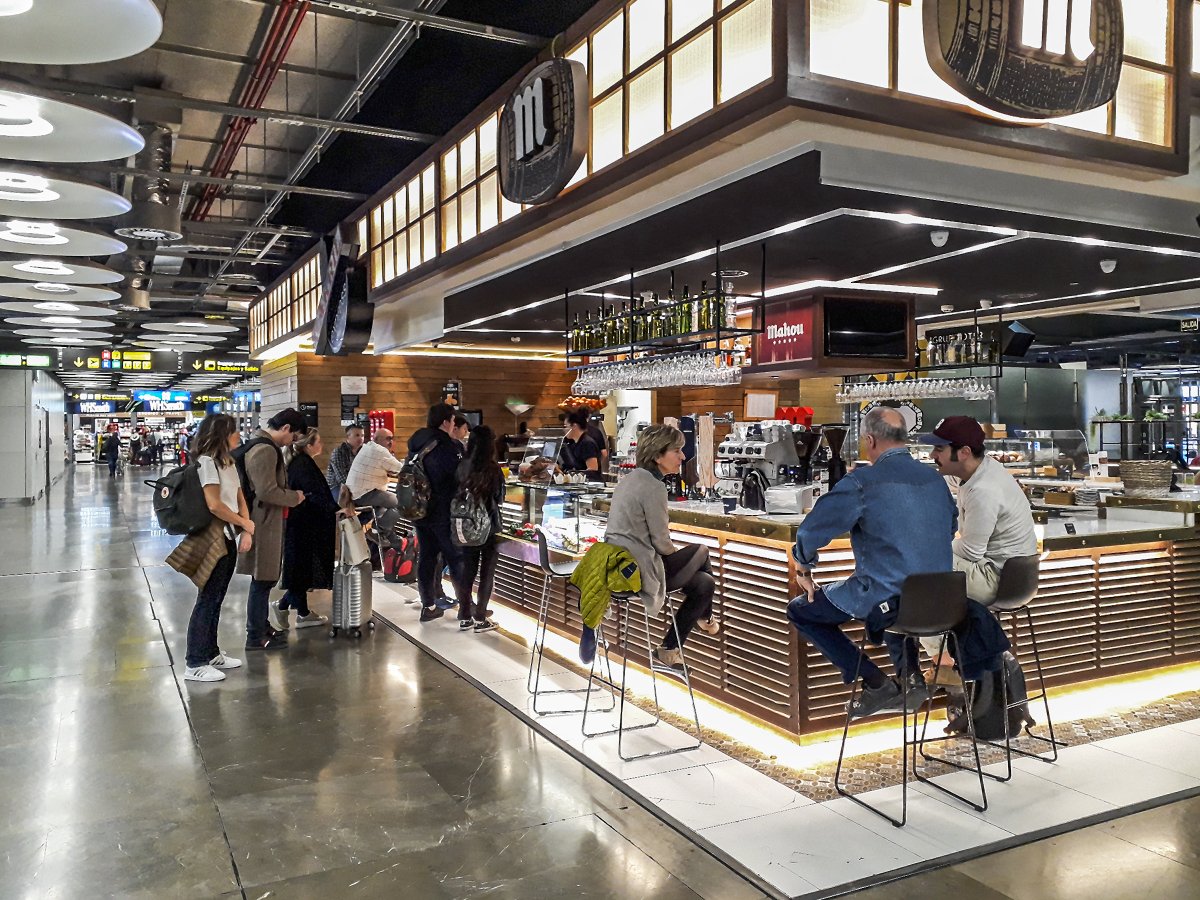
Professor Jeffrey Price, an aviation expert at the Metropolitan State University of Denver who was not involved in the study, told Newsweek: "Alcohol has always been the number one reason for unruly passenger behavior, formerly known as 'air' rage.
"Some airlines have attempted to mitigate this behavior by restricting the number of drinks served on the aircraft, but the response by the passengers to those policies is to drink more before they get on the plane. Some even smuggle their own alcohol on board.
"It is very much a Catch-22 situation, but I do agree that flight attendants should be able to cut off someone's alcohol intake on the flight, so at least things aren't getting any worse than they already are."
Compounding the problem, Price notes is the fact that the cabins of airliners are pressurized to an equivalent altitude of some 10,000 feet, increasing the effects of alcohol.
"Whereas someone might be 'OK,' having a couple of drinks at sea level, once they're in an air-pressured cabin...the effects of those drinks amplify," he said. "Also, it is not uncommon for people [on flights] to mix prescription drugs and alcohol, which we know they shouldn't, but it happens."
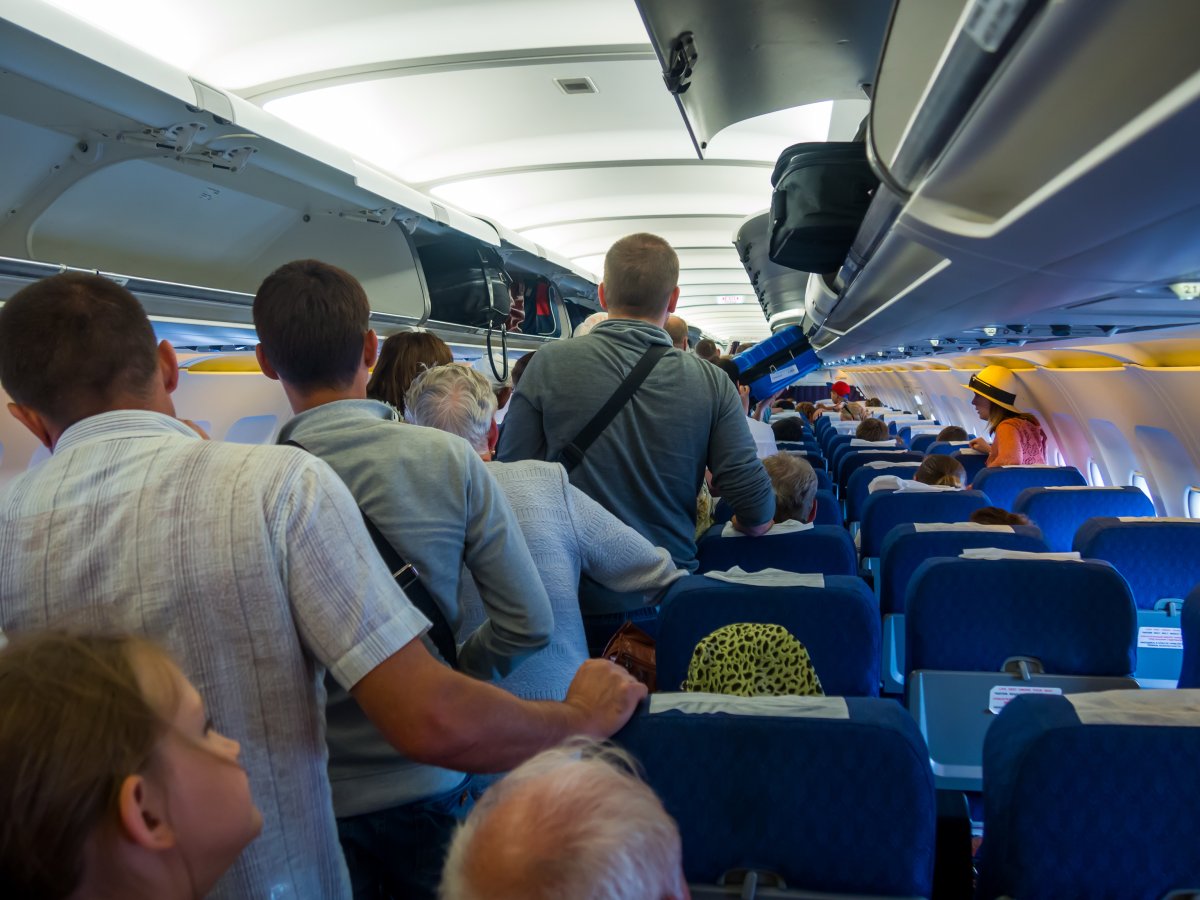
The researchers said that they made a deliberate choice not to include incidents from the pandemic years for fear that this would skew the data and obscure results.
"We excluded the COVID-19 years because we saw a big increase in incident reports, and most of these were related to mask-wearing," Vieraitis said.
With their initial study complete, the researchers are now moving to examine in-flight sexual misconduct, including assault, harassment, and deviant acts, which the team also excluded from their present study.
"Some of these cases are quite disturbing, and victims range from minor passengers to flight attendants," Skaggs said.
"While these seem to be handled by the police and/or security upon landing, follow through with law enforcement and even airlines—i.e., arrests, charges, fines and bans from further flights—can be spotty at best."
Uncommon Knowledge
Newsweek is committed to challenging conventional wisdom and finding connections in the search for common ground.
Newsweek is committed to challenging conventional wisdom and finding connections in the search for common ground.
About the writer
Ian Randall is Newsweek's Deputy Science Editor, based in Royston, U.K. His focus is reporting on science and health. He ... Read more
To read how Newsweek uses AI as a newsroom tool, Click here.



